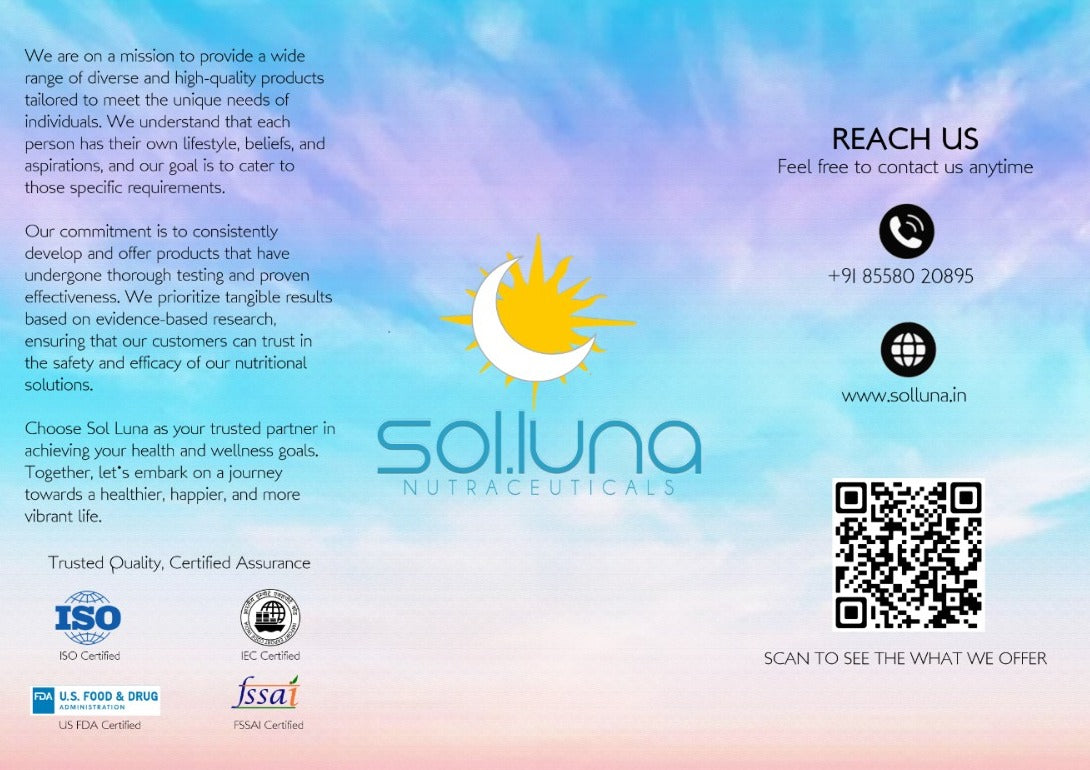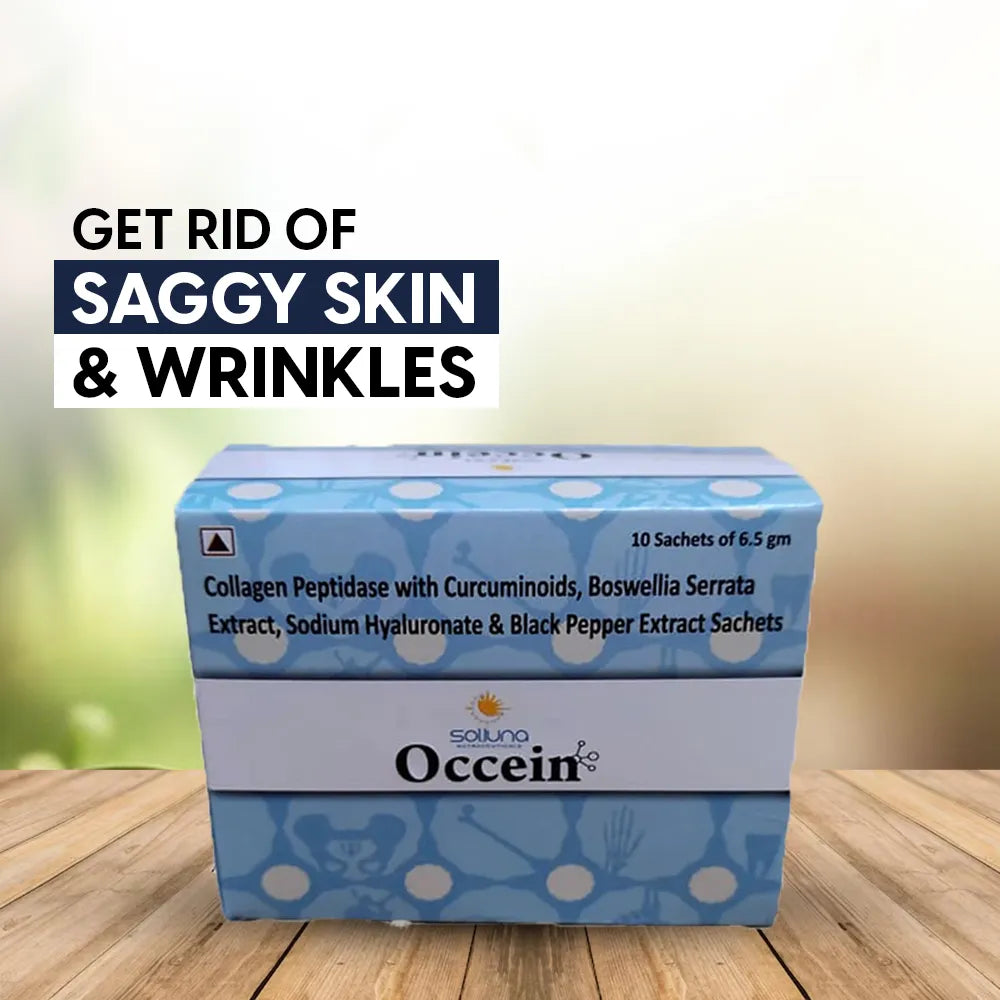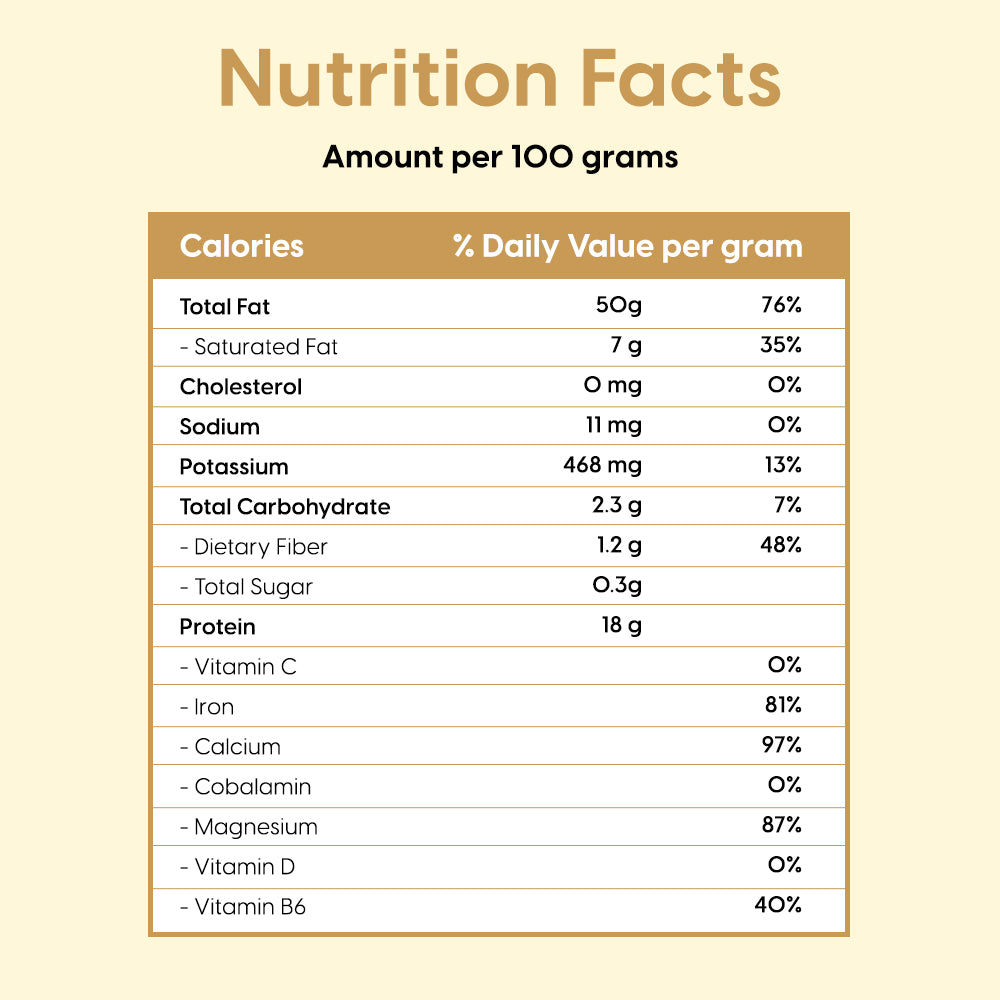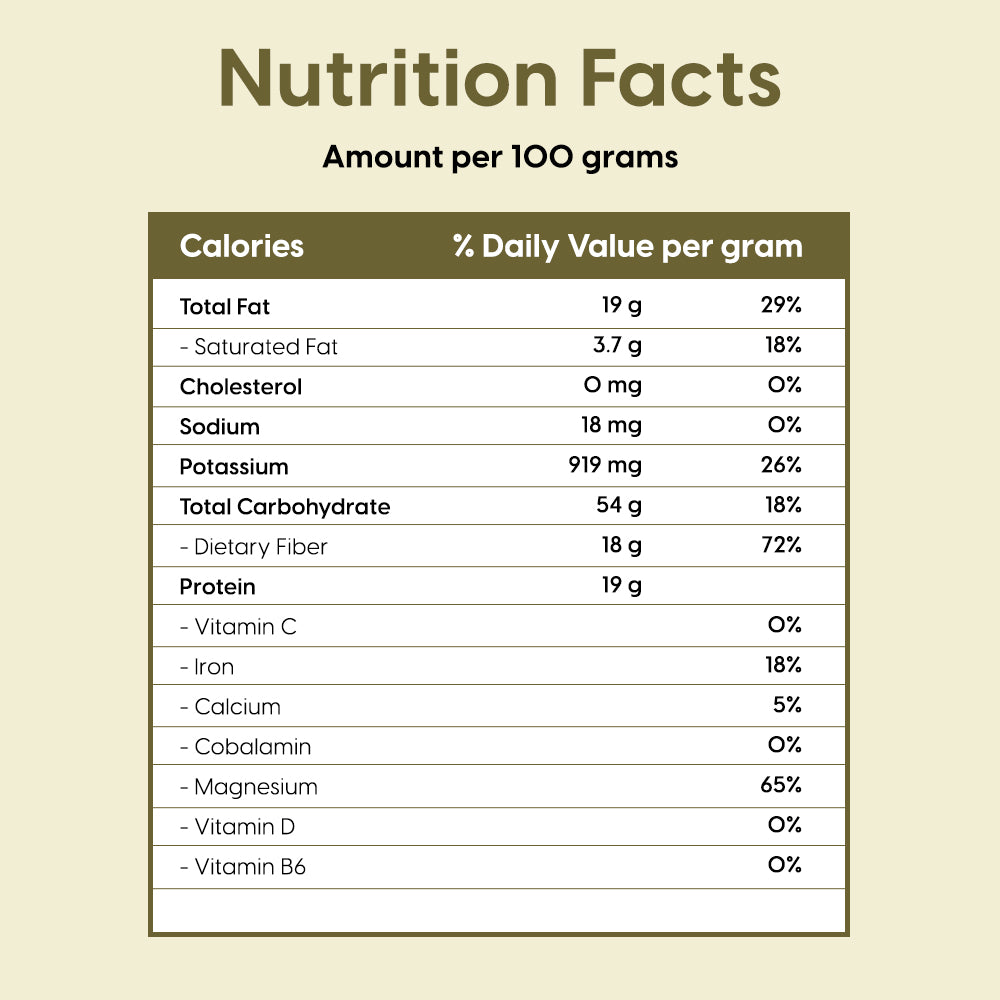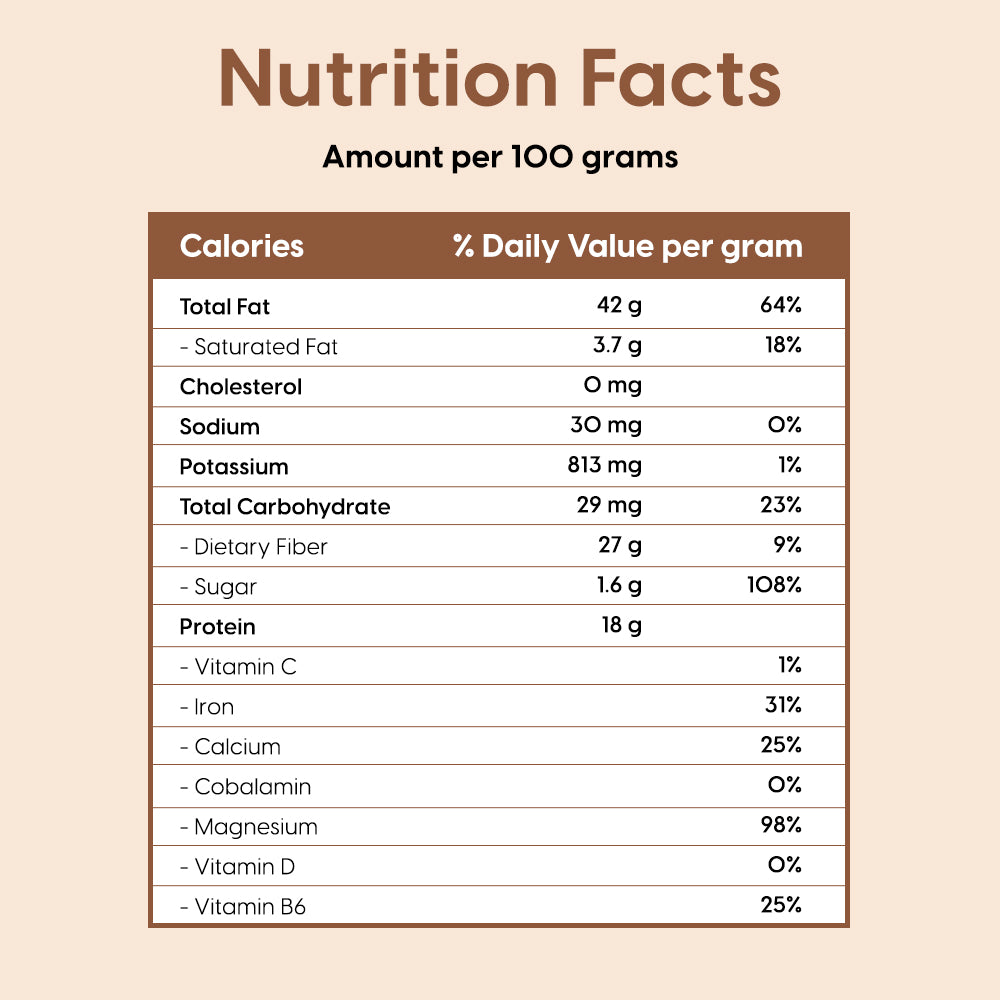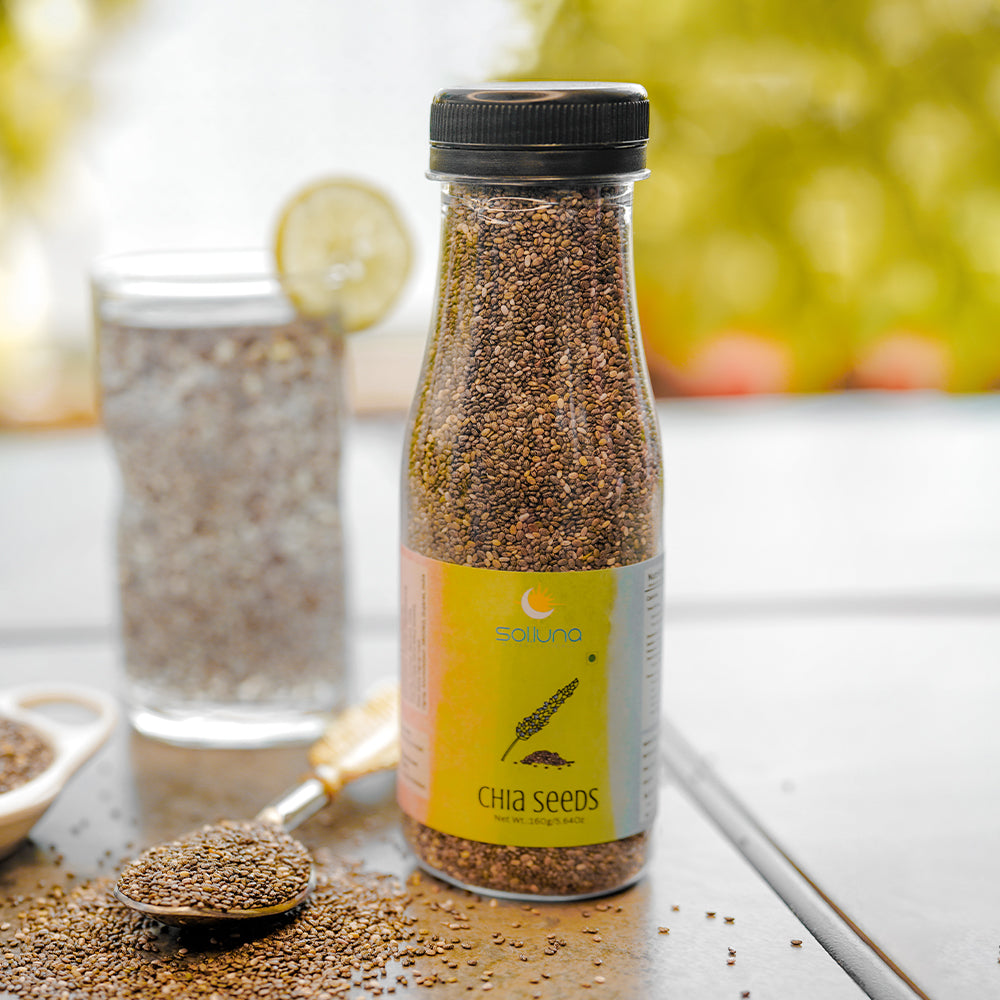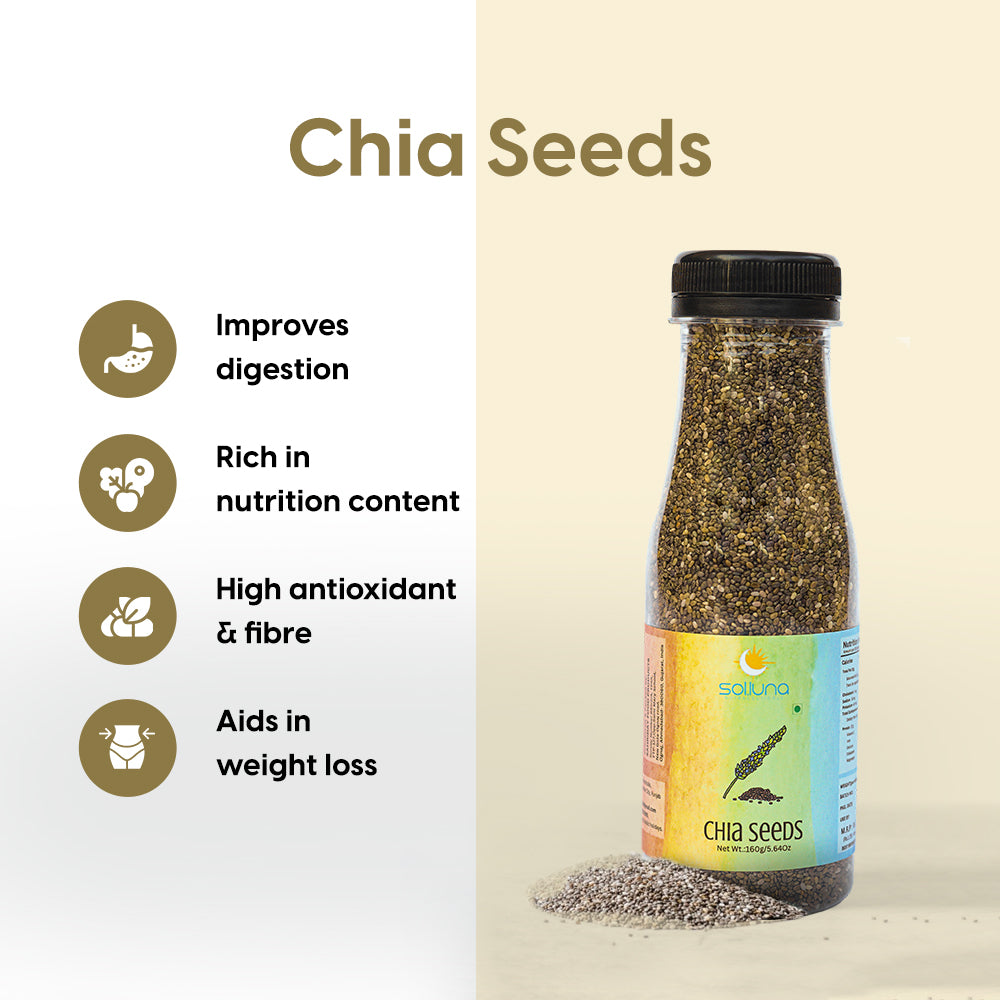#Frequently Asked Questions
1. How can sunflower seeds contribute to heart health?
Sunflower seeds are known to help reduce cholesterol levels. The presence of phytosterols in these seeds may contribute to lowering LDL (bad) cholesterol, promoting cardiovascular health.
2. Do sunflower seeds have any impact on the immune system?
Yes, sunflower seeds are considered an immunity booster. They are rich in antioxidants, vitamin E, and other nutrients that support the immune system, helping the body defend against infections and illnesses.
3. Can sunflower seeds help in reducing inflammation?
Sunflower seeds contain anti-inflammatory compounds, such as vitamin E and selenium. Regular consumption may contribute to reducing inflammation in the body, providing potential benefits for conditions associated with inflammation.
4. Are sunflower seeds beneficial for managing blood sugar levels?
Yes, sunflower seeds may play a role in lowering blood sugar levels. Their high fiber content can help regulate blood sugar levels, making them a suitable snack option for individuals concerned about diabetes or those looking to manage their blood sugar.
5. How can sunflower seeds be incorporated into a balanced diet?
Sunflower seeds are versatile and can be easily incorporated into various meals. Add them to salads, yogurt, or oatmeal, or enjoy them as a snack on their own. They provide a nutritious and flavorful addition to your diet.
6. What nutrients in sunflower seeds contribute to their health benefits?
Sunflower seeds are rich in nutrients such as vitamin E, selenium, magnesium, and healthy fats. These components collectively contribute to the various health benefits, including heart health, immune support, and anti-inflammatory effects.



























